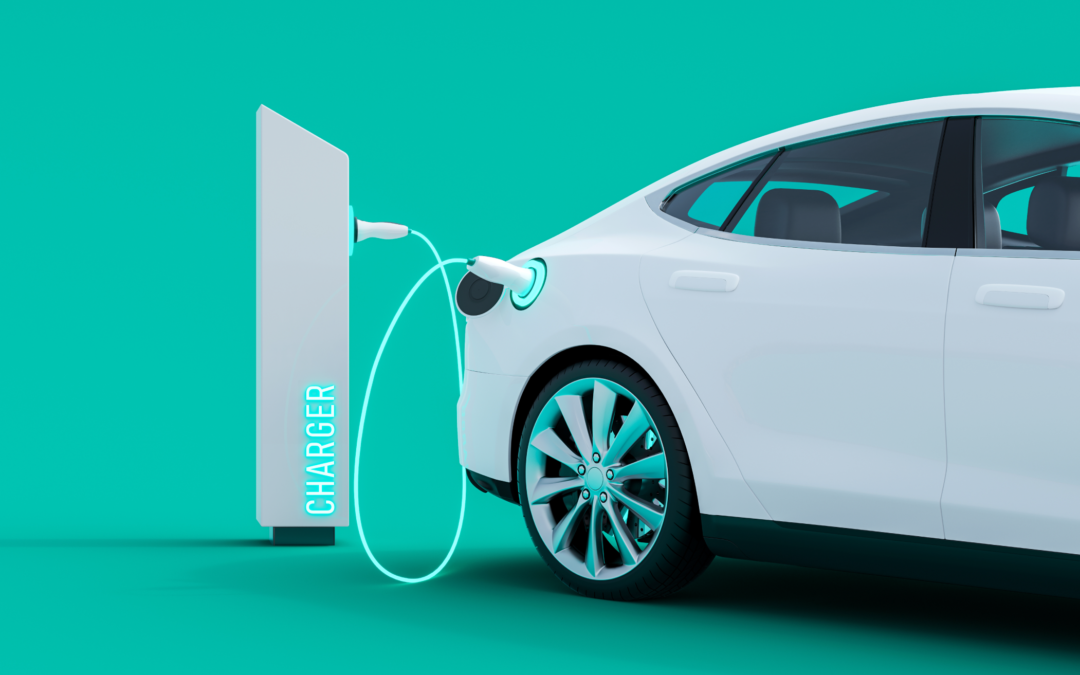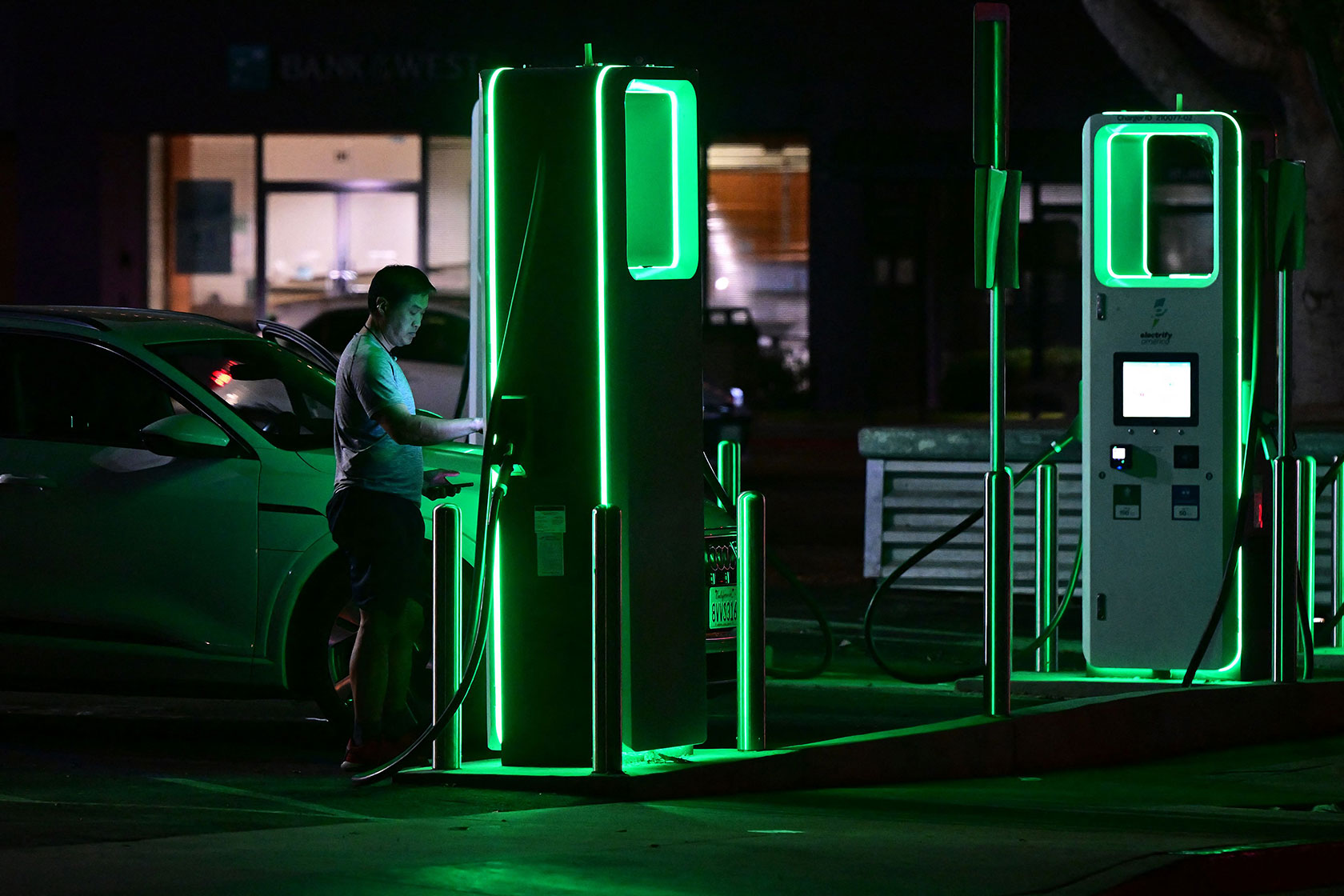How to Stay Updated on Industry Developments When You Buy EV Charging news
How to Stay Updated on Industry Developments When You Buy EV Charging news
Blog Article
Why 2024 Is a Game-Changer for EV Charging: Patterns and Insights
As we come close to 2024, the electrical automobile (EV) billing landscape is set for considerable improvement, driven by the spreading of ultra-fast billing stations and innovations in clever billing modern technologies. This evolution is underpinned by raising investments from both public and exclusive sectors, which promise to reduce longstanding concerns such as array stress and anxiety. Additionally, the unification of renewable resource sources along with positive government policies is likely to redefine the sustainability and access of EV framework. These developments elevate crucial questions about the future of EV fostering and the ramifications for markets and consumers alike.

Growth of Ultra-Fast Charging Stations
Just how swiftly are ultra-fast charging stations changing the electric lorry landscape? The proliferation of ultra-fast charging stations is a crucial advancement in the EV industry, substantially enhancing the convenience and usefulness of electrical vehicle ownership. These terminals, with the ability of delivering charging quicken to 350 kW, can charge an EV's battery to around 80% in just 15-30 minutes, properly reducing range anxiety amongst consumers.
The growth of ultra-fast billing facilities is being driven by both personal and public investments, reflecting a tactical shift in the direction of sustainable transport options. Significant automotive makers and power business are collaborating to mount these stations along urban facilities and major freeways, creating an extensive network that supports long-distance travel and day-to-day use.
Moreover, developments in battery modern technology are enhancing this growth, allowing vehicles to take complete advantage of the enhanced charging speeds. As the variety of ultra-fast billing stations remains to rise, they are anticipated to play a vital function in accelerating EV adoption, promoting a transition towards a cleaner and more lasting future. This development not just enhances individual experience however also solidifies the feasibility of electrical cars as a mainstream transport option.
Advances in Smart Charging Modern Technology
With the enhancing assimilation of digital technology in the electric automobile market, breakthroughs in clever charging innovation are substantially enhancing the effectiveness and convenience of EV charging. Smart billing systems take advantage of connectivity and information analytics to enhance the charging procedure, allowing users to charge their cars when electrical energy prices are least expensive and demand on the grid is very little.

Interoperability is another important improvement, as new requirements and methods allow various EV models and charging stations to communicate seamlessly. This boosts customer experience by giving a lot more easily accessible charging alternatives across different networks. Eventually, the evolution of smart charging technology represents a considerable action in the direction of a more straightforward and sustainable EV ecological community, paving the way for more comprehensive adoption and integration right into every day life.
Integration of Renewable Resource Resources
The assimilation of renewable resource resources right into EV charging framework is coming to be progressively essential as the demand for lasting options grows. This trend not only helps in reducing the carbon impact connected with electrical car charging yet additionally improves grid durability by promoting decentralized power production.
Solar and wind power go to the leading edge of this assimilation, with lots of charging terminals currently being or including solar panels integrated in distance to wind ranches. These sustainable resources can produce tidy electrical energy, supplying a sustainable power supply for EVs. Moreover, improvements in energy storage technologies, such as batteries, promote the effective storage of excess energy produced throughout top manufacturing hours, making sure that billing terminals can run effectively also when renewable generation is low.

Development of Charging Infrastructure
As electrical car (EV) fostering speeds up, the expansion of billing infrastructure has become a critical emphasis for stakeholders throughout the vehicle and power markets - EV Charging news. The demand for a robust and accessible billing network is vital to sustain the expanding variety of EVs when traveling and to reduce range stress and anxiety amongst consumers
In 2024, we are observing considerable financial investments from both public entities and exclusive business targeted at improving the charging landscape. This consists of the setup of fast-charging terminals along freeways and in city centers, which can recharge EVs in a fraction of the moment compared to standard battery chargers. Furthermore, collaborations in between car manufacturers and power suppliers are assisting in the deployment of innovative charging services to satisfy diverse consumer demands.
Moreover, developments in innovation are causing smarter billing systems that enhance power circulation and lower prices. The assimilation of these systems is crucial for suiting the anticipated boost popular as more consumers transition to electric mobility. The click for source development of billing facilities not just sustains the EV market yet additionally plays an essential duty in attaining wider sustainability goals, making it an essential element in the development of transportation.
Federal Government Plans and Motivations
Federal government plans and rewards are increasingly shaping the landscape of electrical automobile (EV) fostering and charging infrastructure growth. Federal governments worldwide are identifying the immediate requirement to transition to cleaner transport options, resulting in the implementation of different campaigns targeted at speeding up EV fostering. These policies frequently include tax credit histories, rebates, and gives for customers and businesses that purchase electric lorries and charging terminals.
Along with direct financial motivations, numerous federal governments are establishing enthusiastic targets for EV sales and mandating the installation of billing framework in new advancements. For example, a number of countries have actually committed to eliminating internal combustion engine lorries within the next years, producing a feeling of necessity that drives both consumers and manufacturers toward electrical options.
In addition, public-private collaborations are becoming an essential component of these efforts, promoting investment accountable networks and ensuring prevalent access. By aligning regulative frameworks with monetary motivations, federal governments are not only promoting a favorable setting for EV fostering yet likewise resolving concerns associated with range stress and anxiety and charging accessibility. This durable policy landscape is readied to make 2024 a pivotal year in the transition to electric wheelchair.
Verdict
The year 2024 is readied to change the electrical lorry billing landscape via the proliferation of ultra-fast billing terminals, advancements in smart charging technologies, and the assimilation of renewable energy sources. The expansion of charging facilities, reinforced by helpful federal government policies and incentives, will address range anxiousness and boost the charm of electric lorry possession. Collectively, these developments will cultivate a lasting and obtainable atmosphere for electric lorry adoption, guaranteeing a robust future for the industry.
As we come close to 2024, the electric vehicle (EV) billing landscape is established for substantial makeover, driven by the spreading of ultra-fast charging terminals and improvements in wise charging technologies. The spreading of ultra-fast billing stations is a crucial advancement in the EV sector, considerably enhancing the comfort and feasibility of electrical car possession. Wise charging modern technologies assist in remote monitoring and administration, enabling customers to arrange charging sessions by means of mobile applications.
Government policies and motivations are increasingly forming the landscape of electric lorry (EV) adoption and billing framework development.The year 2024 is established to change the electrical lorry billing landscape via the spreading of ultra-fast billing stations, developments in clever charging innovations, and the assimilation of eco-friendly energy sources.
Report this page